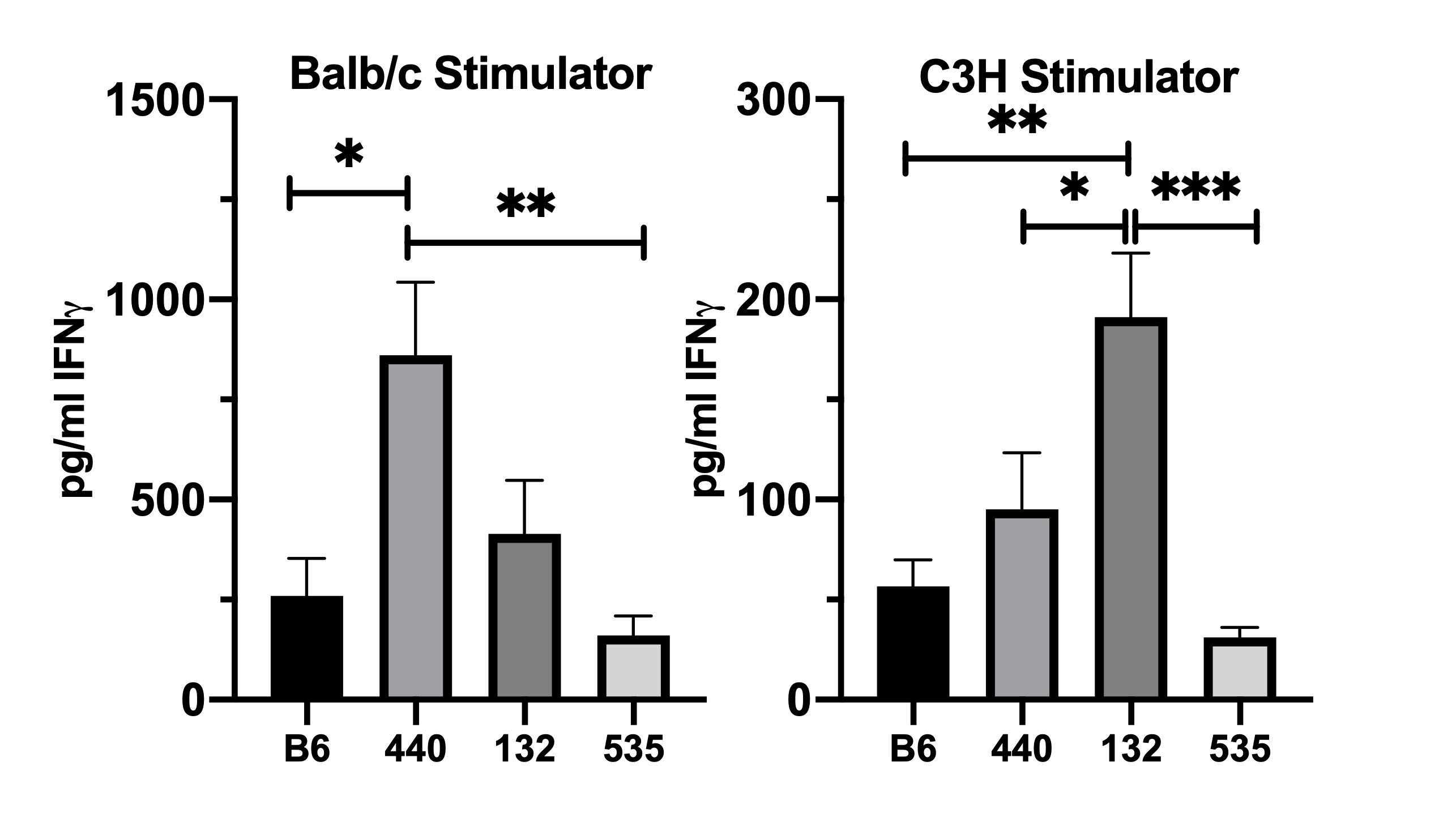Environmental Factors That Shape T-cell Alloimmunity: Role of the Microbiome
1Surgery, University of Wisconsin School of Medicine & Public Health, Madison, WI, 2Bacteriology, University of Wisconsin, Madison, WI
Meeting: 2021 American Transplant Congress
Abstract number: 511
Keywords: Alloantigens, Allorecognition, Kidney transplantation, T cell reactivity
Topic: Basic Science » Antigen Presentation / Allorecognition / Dendritic Cells
Session Information
Session Name: Antigen Presentation / Allorecognition / Dendritic Cells
Session Type: Poster Abstract
Session Date & Time: None. Available on demand.
Location: Virtual
*Purpose: Unlike other types of immunity, T-cell alloimmune responses to mismatched MHC proteins do not need priming by a previous exposure. While genetic differences between a recipient and donor are central to the strength of the alloreactive T cell, environmental factors can play a role. We hypothesize that the gut microbiome (MB) has a significant role in establishing an alloimmune response.
*Methods: Using an internal renal transplant (RTx) registry of patients between ages 18-70 with no prior other organ tx, and no active infections, 58 patients at various points in their clinical course (on the waiting list, recent RTx, remote tx) were enrolled in our IRB-approved study. Stool samples from 36 of these patients, plus 5 enrolled healthy controls, were cryopreserved and bacterial composition was identified by 16s rRNA sequencing and analyzed for differences in operational taxonomic units. Germ-free mice (GF; 4 – 5 weeks old; C57BL/6 (B6) background) were conventionalized with fecal tx from individual Rtx patients. After 8 weeks, mice were euthanized and spleen was harvested for intracellular cytokine staining/flow cytometric analysis and mixed lymphocyte reactions (MLR) against irradiated B6, Balb/c or C3H stimulator cells. Culture supernatants were collected on day 5 and analyzed for interferon gamma (IFNγ) by ELISA.
*Results: Analysis of the bacterial composition of the feces revealed that >75% of the MB from RTx patients were substantially different than those of healthy controls. Eight weeks after colonization of GF, flow cytometric analysis revealed minimal differences between colonized GF and controls with respect to CD4 T cells. There were striking differences in CD8 T cells, in particular, the fraction of CD8 T cells that produce IFNγ. Mice colonized with fecal material from 2 RTx patients with type-2 diabetes had a significantly higher % of IFNγ-expressing CD8 T cells compared to control B6 mice or the mice colonized with fecal material from 2 other RTx patients. MLRs were generated using spleens from 3 sets of GF mice (n = 4 – 5 per set) conventionalized with fecal material from 1 of 3 RTx patients plus B6 controls (n=6). As shown below, GF mice colonized with Pt440 material had significantly higher IFNγ production than Pt 535 or B6 controls against Balb/c. In contrast, Pt132-colonized GF had a higher response to C3H compared to both Pt440 and Pt535 as well as the B6 control.
*Conclusions: The data supports the hypothesis that recipient MB has the potential to alter the peripheral alloreactive T cell response.
To cite this abstract in AMA style:
Janek K, Fechner JH, Daley RA, Krautkamer K, Rey F, Mezrich JD. Environmental Factors That Shape T-cell Alloimmunity: Role of the Microbiome [abstract]. Am J Transplant. 2021; 21 (suppl 3). https://atcmeetingabstracts.com/abstract/environmental-factors-that-shape-t-cell-alloimmunity-role-of-the-microbiome/. Accessed February 17, 2026.« Back to 2021 American Transplant Congress

